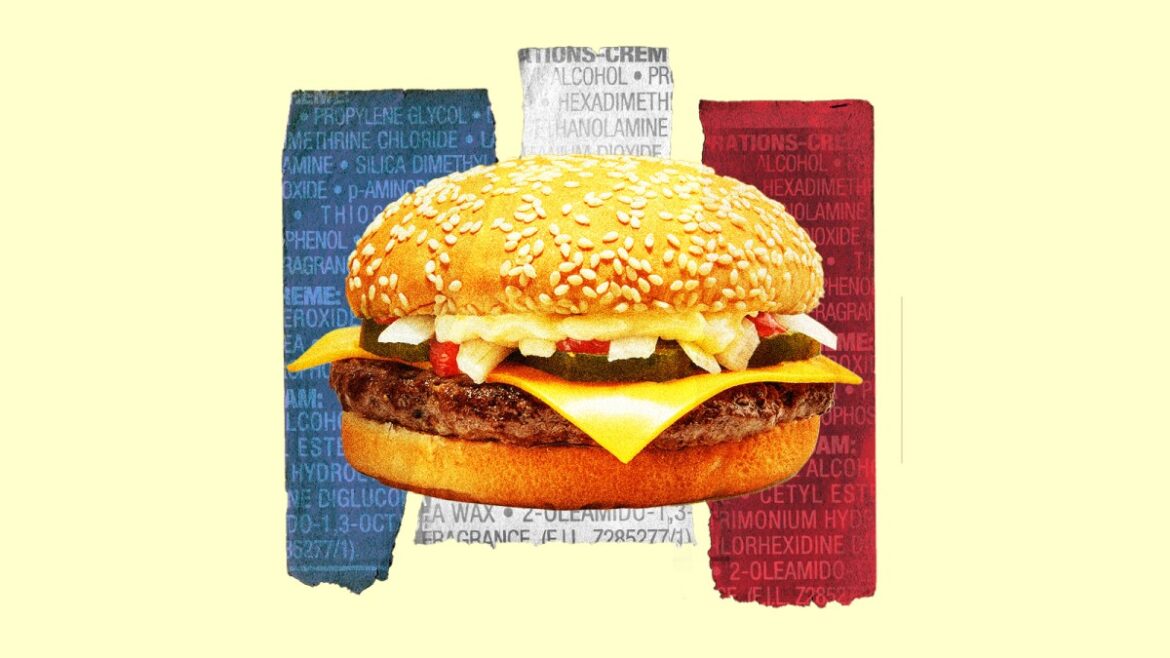A basic McDonald’s hamburger in Switzerland contains 44 ingredients and additives, but in France, a nation increasingly in thrall to fast food, only six are listed.
The burgers are effectively the same, but there is a marked difference in how they are advertised, pointing to what campaigners claim is a lack of transparency within the EU on what goes into fast food.
UFC-Que Choisir, a consumer group, has suggested that fast-food chains, including McDonald’s, are failing to fully disclose ingredients and additives because they are not required to within the EU.

About 75 per cent of French people eat fast food at least once a month
ALAMY

• French have an appetite for cut-price dinners in divisive trend
It said McDonald’s and three other chains — Burger King, KFC and Quick, which is based in France — had displayed a “regrettable lack of transparency, with vague, highly generic lists of ingredients that are not useful for consumers”. It said some additives listed by the chains outside the EU, including in Switzerland, were “suspected of increasing the risk” of various health problems.
Fast food is increasingly popular in France and three quarters of people eat it at least once a month. Nutritionists say it is partly to blame for increasing obesity in a nation that has long prided itself on eating a traditional diet, refraining from snacks and staying slim.
Obesity rates in France have quadrupled among people aged 18 to 24 over the past three decades and have tripled among those aged 25 to 34. Nutritionists blame the loss of the country’s traditional food culture. Young people are increasingly fond of burgers and pizzas and fewer are able to cook time-honoured dishes, they say.
Nearly half of French adults are overweight or obese, according to official figures. France is still behind Britain, however, where more than 64 per cent of adults are overweight or obese. Obesity is often viewed as a socioeconomic marker, with lower rates among higher-income families.
McDonald’s France said it “scrupulously respects the regulations in force on consumer information, for ingredients, allergens and nutritional values”. It said it went “further than the regulations … by specifying the nutritional values of products, which is not compulsory”.
Burger King France said it complied fully with all EU regulations. “All our burgers, fries, snacks and desserts are free of artificial dyes, flavourings and preservatives,” it said.
KFC and Quick were approached for comment.

